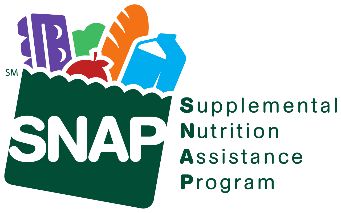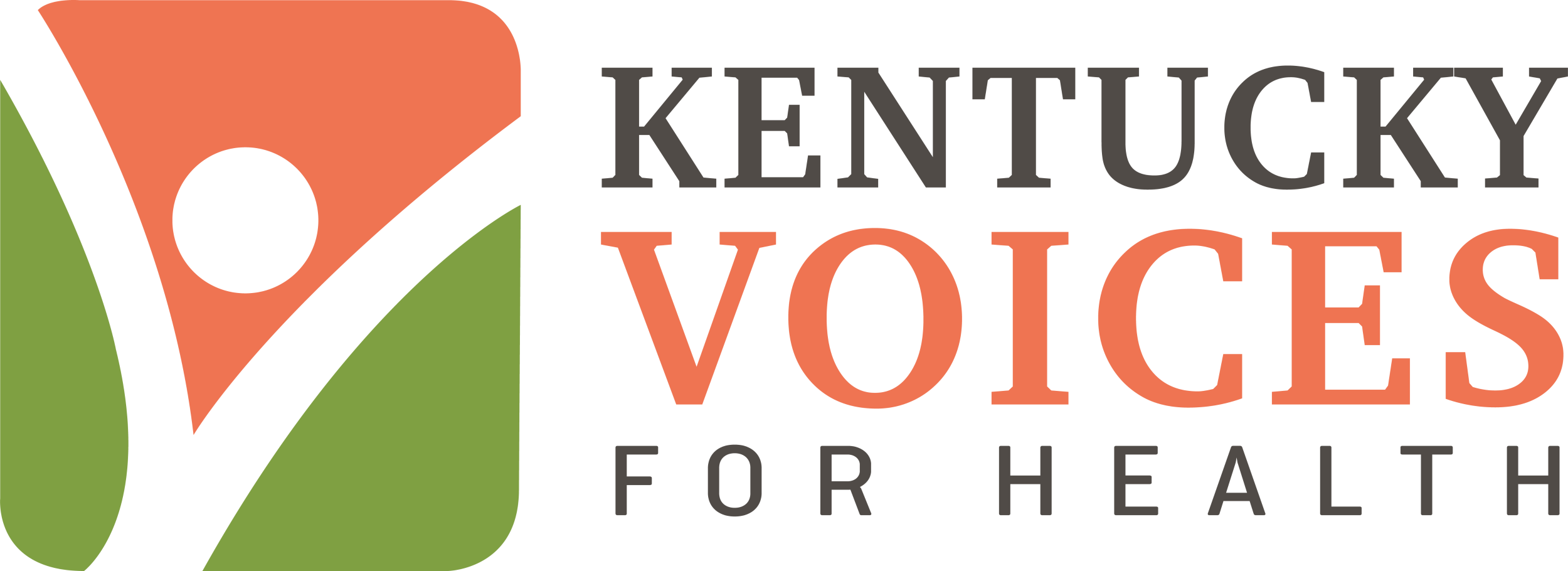
September 23, 2019
Program Design Branch
Program Development Division, FNS
USDA, 3101 Park Center Drive
Alexandria, VA 22302
Submitted electronically through regulations.gov
Re: Supplemental Nutrition Assistance Program Notice of Proposed Rulemaking: Revision of Categorical Eligibility in the Supplemental Nutrition Assistance Program (SNAP)
Dear Certification Policy Branch:
Thank you for the opportunity to submit comments in response to the proposed changes to categorical eligibility requirements based on receipt of Temporary Assistance for Needy Families (TANF) benefits.
Kentucky Voices for Health brings together individuals, advocates, community organizations, state agencies, and policymakers to address the underlying causes of poor health. As an advocacy organization focused on the improved health and well-being of all Kentuckians, we take this opportunity to comment in opposition to these proposed changes. The new rule will have detrimental impacts on the health and well-being of individuals, including children and their families, and add additional stress to the health care system in terms of increased utilization and costs.
SNAP is a critical health intervention and support for vulnerable Americans. Research shows that:
-Food insecurity increases the risk of negative physical and mental health outcomes
-SNAP decreases food insecurity;
-SNAP is associated with decreased health care costs; and
-SNAP is associated with improved physical and mental health.
Food insecurity increases the risk of negative physical and mental health outcomes
Food insecurity is a risk factor for negative psychological and health outcomes. 1 (The U.S. Department of Agriculture defines food insecurity as a “lack of consistent access to enough food for an active, healthy life.” 2 Food insecurity has deleterious impacts on health through increases in the prevalence and severity of diet-related disease, such as obesity, type 2 diabetes, heart disease, stroke, and some cancers. 3, 4, 5
In addition, because of limited financial resources, those who are food insecure —with or without existing disease – may use coping strategies to stretch budgets that are harmful for health, such as engaging in cost-related medication underuse or non-adherence; 6, 7, 8 postponing or forgoing preventives or needed medical care; 9, 10 and forgoing the foods needed for special medical diets (e.g., diabetic diets). 11 Not surprisingly, research shows that household food insecurity is a strong predictor of higher health care utilization and increased health care costs. 12, 13
Click here for the complete letter and public comments.


